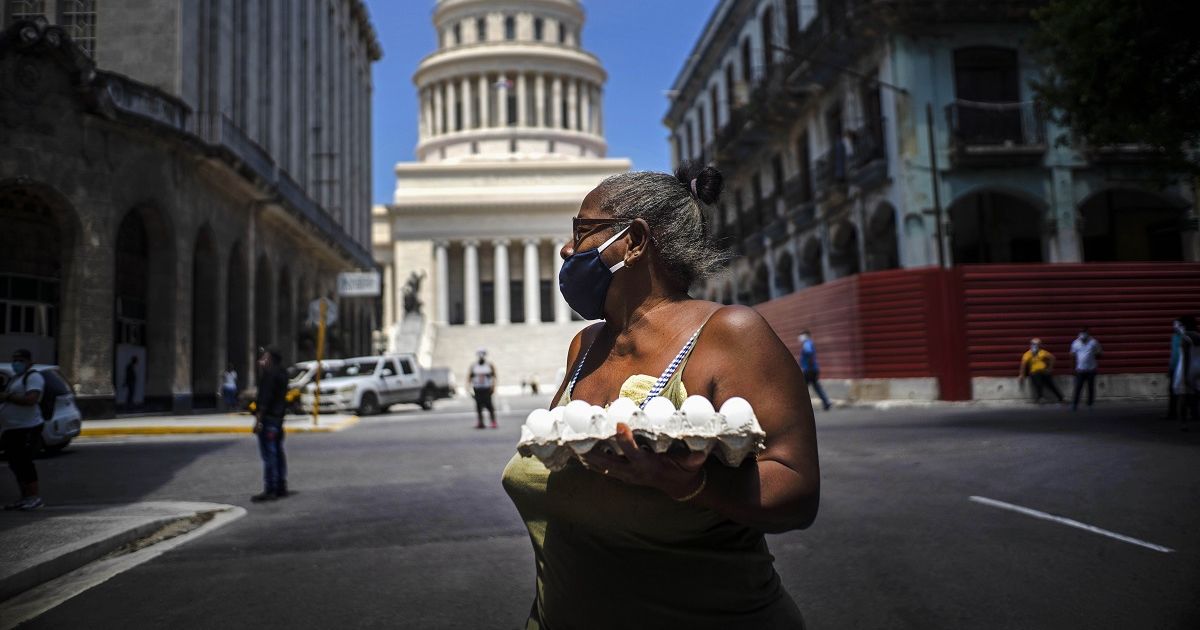HAVANA.- The Minister of Economy of Cuba, Alejandro Gil Fernández, announced this Monday that the island’s economy will contract at the end of this year. This gloomy forecast reflects the persistent difficulties faced by the Caribbean nation, which has failed to fully recover from the impacts of the COVID-19 pandemic and is experiencing recurring episodes of shortages, power outages and an increase in the migration of citizens.
Gil Fernández attributed this contraction to a series of factors, alleging the “tightening of the blockade” imposed by the United States, the global crisis and the insufficient generation of foreign currency income.
However, critics of the regime maintain that these explanations are merely a smokescreen to divert attention from inefficient management and the lack of adaptability of the communist system.
Tourism and exports below
Tourism, historically considered the engine of the Cuban economy, remains one of the most affected sectors, despite a “gradual recovery.” Although it is expected to receive 2.4 million annual visitors by the end of December, this represents only 64% of pre-pandemic levels in 2019.
This situation raises critical questions about the regime’s ability to diversify the economy and reduce dependence on a single sector.
Exports have also disappointed, falling $700 million short of projections. Although sectors such as tobacco and fishing have shown some recovery, food production has not reached expected levels, contributing to the episodes of shortages that have affected the population.
Additionally, the minister reported on an estimated inflation of 30% annually, an indicator that reflects the increase in prices in the formal market and services provided by the State. However, this figure does not reflect the costs in the informal sector, which plays a crucial role in meeting many of the domestic needs of the Cuban population.
In a context of growing discontent, critics maintain that it is urgent to rethink the policies that have led Cuba to this situation and seek more effective and sustainable solutions for the future.
FOUNTAIN: With information from AP

